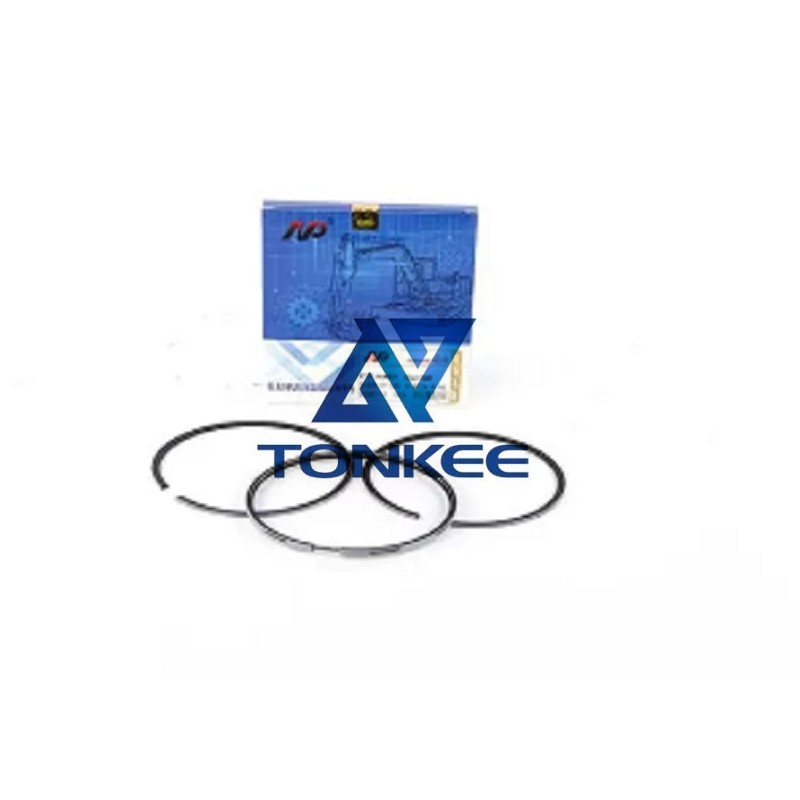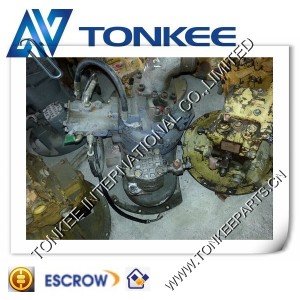
Piston rings are critical components in a diesel engine's internal combustion system.
They serve several essential functions, including sealing the combustion chamber, regulating oil consumption, and managing heat dissipation. In excavator engines like the 4D32, 6D22, 6D24, 6D31, and 6D34, piston rings must meet stringent specifications to withstand the demanding conditions of heavy-duty applications.
The first crucial aspect of piston rings for these engines is their material composition. These rings are typically constructed from high-quality, heat-resistant materials such as cast iron, steel, or chrome-plated steel. This choice of materials ensures that the rings can endure the high temperatures and pressures generated during the combustion process without deforming or deteriorating.
Another important specification for piston rings in these diesel engines is their dimensions. The size and thickness of the rings must be precise to create a proper seal within the cylinder bore. Incorrect sizing can lead to increased oil consumption, reduced engine efficiency, and even engine damage. Manufacturers meticulously engineer piston rings to meet exact tolerances, ensuring a perfect fit.
Sealing capability is a fundamental requirement for piston rings in excavator engines. The rings must effectively seal the gap between the piston and the cylinder wall to prevent combustion gases from escaping and oil from entering the combustion chamber. Achieving an effective seal requires the rings to have a precise cross-sectional profile, typically featuring a taper or step design. This design maximizes contact with the cylinder wall and minimizes gas blow-by, maintaining engine performance and emissions compliance.
Furthermore, the piston rings in these diesel engines must be engineered to withstand the mechanical stress generated during operation.
High-quality piston rings are heat-treated and hardened to provide exceptional resistance to wear and abrasion. This is particularly important in heavy machinery like excavators, where engines endure continuous high loads and challenging working conditions.
Ring groove dimensions and clearances are also critical factors. Proper groove dimensions ensure that the piston rings fit securely within the grooves, preventing lateral movement that could lead to engine damage. Adequate clearance allows for thermal expansion, enabling the rings to maintain their seal under extreme temperature variations.
Additionally, piston rings are often designed to incorporate special features to improve their performance and longevity. These can include anti-scuffing and anti-friction coatings, as well as advanced designs like three-piece oil control rings that enhance oil control and reduce emissions.



 English
English Русский язык
Русский язык




